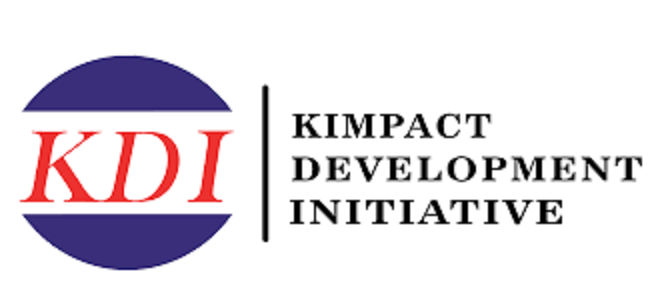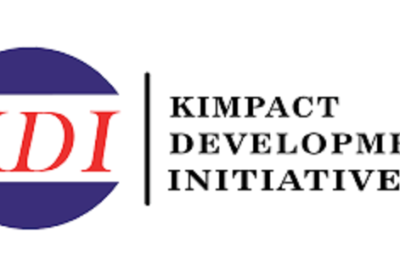A citizen-led democratic development organization, Kimpact Development Initiative (KDI), has identified discrepancies in the accreditation figures and missing ballot incidents in the November 2023 off-cycle governorship elections in Kogi, Imo and Bayelsa states.
This was revealed in a new report released by KDI.
The report which was presented to journalists in Abuja, by the Team Lead of KDI, Bukola Idowu, analysed the election results data available on INEC’s Result Viewing Portal (IREV) and evaluated the overall integrity of the electoral process in the off-cycle governorship elections in the three states, employing the Ballot Integrity Project (BIP).
According to Mr Idowu, the report identified discrepancies in the accreditation figures and missing ballot incidents, which shows systemic weaknesses in election management.
“The study which coded all the 10,168 Polling Units (PUs) form EC8A uploaded to the IReV, also analysed results from 2,202 PUs in Bayelsa State, 4556 PUs in Imo and 3,410 PUs in Kogi State,” he said.
Mr Idowu, said a total of 302 polling units’ results were not uploaded to IReV across the three states, while INEC only provided an explanation for 75 of these. “contrary to expectations, the IReV shows only 10,168 uploaded polling unit results, leaving out 302 results as of the time of this report”.
“Although not explicitly addressing the missing results, INEC in response to the pre-filled result sheet controversy in Kogi State took a decisive step by suspending the electoral process in 75 polling units’. This action implicitly accounted for a fraction of the 302 outstanding results. However, the remaining 227 polling units remain missing on the portal.
“The document also revealed occurrence of identical handwriting across multiple results forms in Imo State, specifically in three wards (Ohaeke/Okporo, Ebenese/Umueze/nnachi Ihioma, and Ohafor/Okporo/Umutanze) in Orlu LGA, as well as the presence of multiple forms with the same handwriting in Ogberuru/Obibi ward raising significant co suspicion as regards the authenticity and integrity of the election results in these areas.”
Mr Idowu advised INEC to carry out a transparent post-election audit process that involves thorough scrutiny of election results, with a focus on identifying and rectifying any irregularities.
Reacting to the report, INEC Assistant Director (Electoral Operations), Mrs Anne Aderibigbe, said the research is partially complete, as it is limited to only one of the mechanisms, which is the IREV put in place to check the integrity and consistency of election result.
She noted that the researchers have no access to “our back-end integrity process, such as the accreditation of the data, use of BVAS at the very first level of collation, such as the number of polling units and wards that were cancelled and has such no impact to the final declaration of the results.”
Aderibigbe maintained that the commission employed the collation support and results verification system, deployed at the ward collation level, adding that the system is an integral and germane integrity check of ballots, processes and BVAS.




